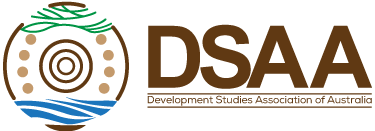What is in a Name: How Colonial Patriarchies have contributed to breaking relationship between Humans and Nature
Tahmina Rashid In Australia many international students (particularly students from South East Asia) will introduce themselves with an English name instead of using their birth name; migrants are also often asked for their nicknames for ease of pronouncing; and many are given an English name by their employer for the same reason. Such stripping of identity by renaming an individual, though not unique to Australia, is not as banal as many would have us believe. Naming practices are reflective of prevailing power structures and hierarchies; creating new identities by erasing previous identities; creating new relationships and histories by maintaining colonial
